Trillium Integrative Health Centre - CLOSED as of August 1, 2025
Trillium will be closed permanently as of August 1, 2025.
To make an appointment with Hannah Barnes, physiotherapy and pelvic floor rehabilitation, visit Hawthorn Physiotherapy Clinic
To make an appointment with Lisa Hendry, registered massage therapy, visit Book Online | Lisa Hendry, RMT
To make an appointment with Savanna Levenson, registered acupuncturist visit Riverstone Health Clinic
To make an appointment with Dr. Paige Hiney, Chiropractic, visit Riverstone Health Clinic
To make an appointment with Lorna Evenden, registered massage therapy, visit Riverstone Health Clinic


